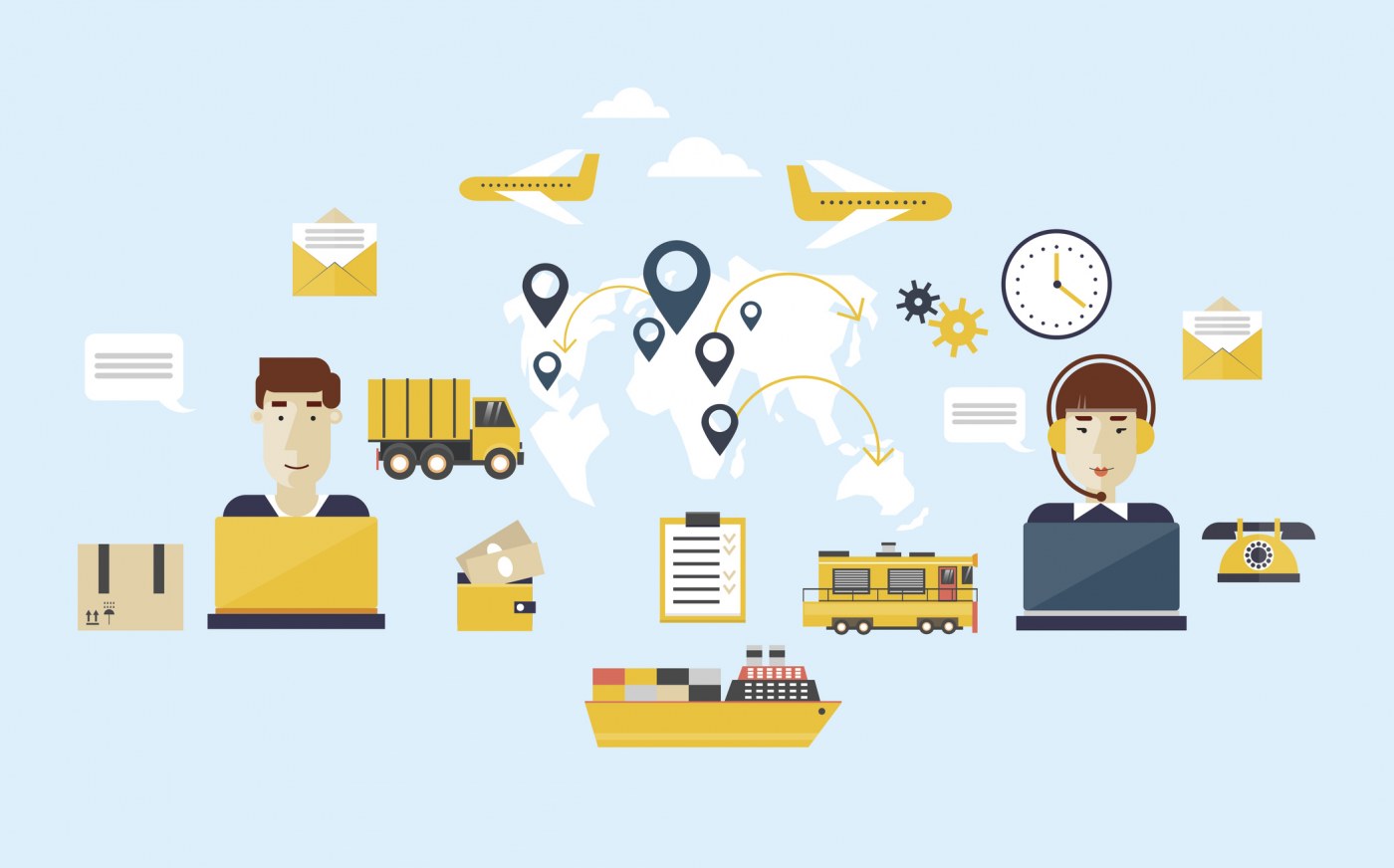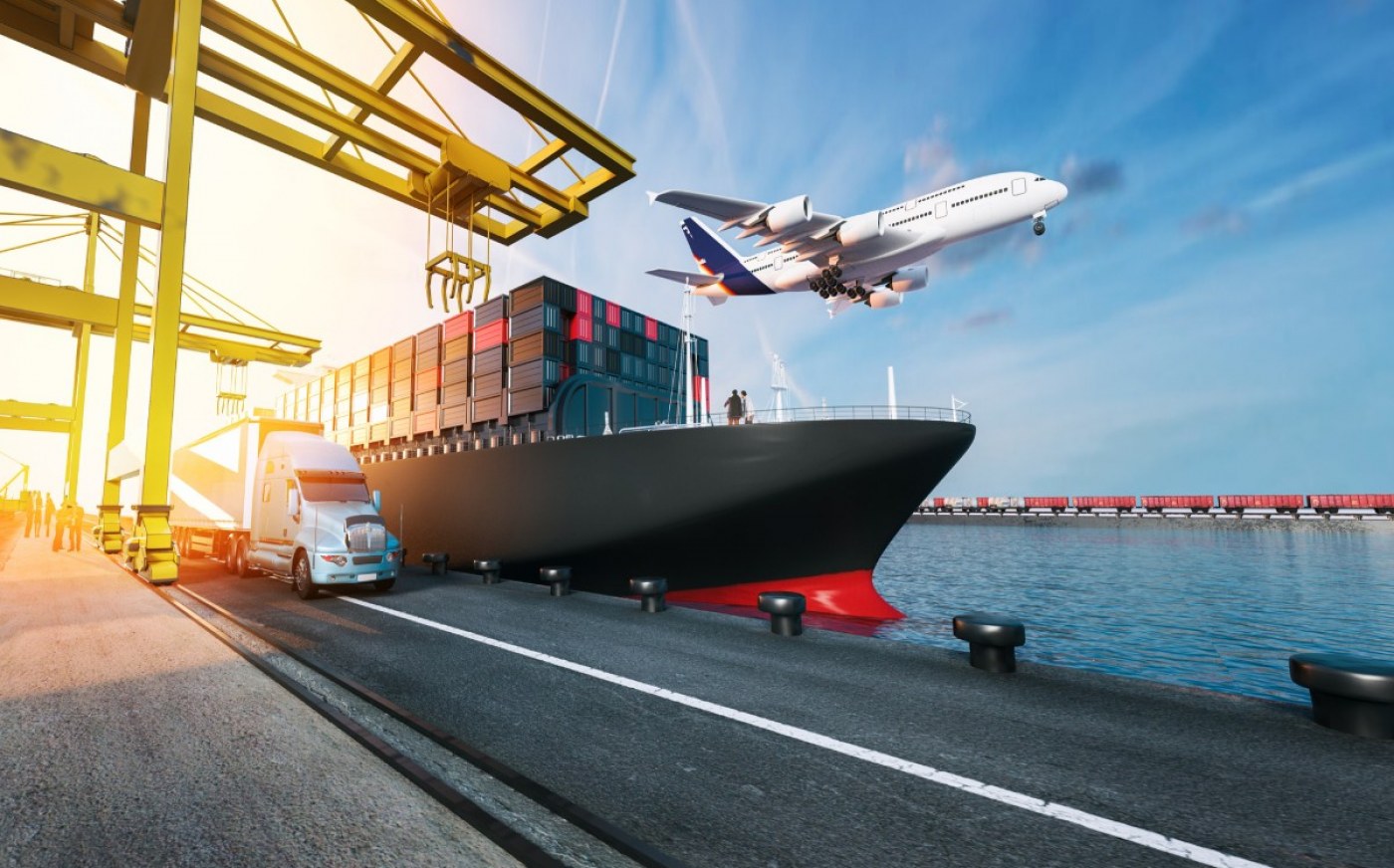To carry out the import process, it is necessary to deal with some processes and costs that, if not done correctly, could result in losses to the manager, either due to the delay in completing the import or the payment of fines.
In this text, we explain what the main import costs are, in addition to explaining why it is interesting to invest in a service provider (create a link) that can assist you in this procedure.
What are the main import costs?
When importing products, it will be necessary to pay some fees and taxes so that the company can safely withdraw them in the destination country. Here are some of these costs.
Taxes
In the import process, there are several taxes that must be paid by the importer or the owner of the cargo so that it can reach its final destination in full legality.
The main one is the Import Tax (II) and, to calculate it, it is very simple: each product has a percentage for collection that must be multiplied over the customs value.
Another tax that is almost always present is the IPI (Tax on Industrialized Products), which is collected on the sum of the customs value plus the value of the Import Tax.
PIS (Social Integration Program) and COFINS (Contribution for Social Security Financing) they are also taxes that can appear in your import process. For imported products, in most cases, the amounts to be charged are 2.10% and 9.65%, respectively, using the same calculation basis as II.
In addition to federal taxes, there is the ICMS which refers to a state tax.
International shipping
International freight is a value to be paid for the import of products from other countries. This value may vary according to the place of origin, gross weight and cubage of the goods. In addition, it can also vary by the way in which the product is transported.
To calculate international freight, it is necessary to pay attention to some points. Below is a short list of some of these items and start writing down the value of each of these expenses and fees:
- local rates of origin;
- local destination rates;
- route taken by the product;
- commodity / volume specifications.
Airport / port fees
Airport or port fees are fees that must be paid for the transportation of cargo by these means. They also do not have a fixed value, as they vary according to the cubage, value and weight of the goods.
An example of a port tariff is the THC (Terminal Handling Charge), which refers to the movement of the container inside the port terminal. Its value may vary depending on the port and the type of cargo that is unloaded.
Expenses related to transportation on airplanes or ships involve, storage, cargo handling, non-invasive inspection, among other fees.
Domestic freight
Domestic freight is the amount to be paid to transport the goods from the port or airport to the warehouse, warehouse or other place where the cargo must be stored. This transport is usually done through a carrier, and the amount may vary depending on some factors, such as the distance and the additions added by each carrier.
Therefore, it is important to choose a reliable company to carry out this transport, which will ensure that your delivery will arrive on time and without physical damage. In addition, it must offer a fair value on the service, after all, the cheap can be expensive.
The cubage and the weight of the goods need to be analyzed to determine a value. In addition, it is still necessary to pay an additional over the value of the merchandise referring to the insurance.
Research the carrier's reputation and see what current and former customers think of your service. In addition, it is important that the company meets your needs as an organization, after all, you can become long-term partners.
Another tip for choosing your carrier is to opt for those that provide a personalized service. Thus, you will have greater confidence that the institution will know how to deal with specific import procedures and will be able to bring your goods without problems.
Other expenses
In addition to those mentioned above, it may still be necessary to disburse a certain amount for other activities related to the import process, such as the return of containers, customs clearance, international insurance, among others.
To understand that other tasks will be required in the import process, it is necessary to know the product being transported and the rules in force for its importation.
It is important to have qualified personnel, who will be able to guide you and even deal with these procedures, allowing you to focus on other areas of the company that need attention.
Why is it better to hire a service provider?
As you may have noticed, there are several types of fees and taxes that need to be paid during the import process. Controlling all of these points can be laborious and costly when hiring an in-house team.
It will be necessary to deal with various expenses and labor charges for this new team, which may not compensate, especially if imports are not of high value or made frequently.
Therefore, the ideal is to hire a service provider company that can take care of this process, which will cost less than an internal team and will allow your cargo to be in the hands of specialists in the subject. In addition, this service provider will be able to assist you with cost savings on imports.
Thus, knowing some of the import fees and costs, you will be better prepared to comply with this tax duty and avoid problems with inspection.
How about being able to count on a company that has been in the market for seven years and that can assist you with all the procedures related to imports and foreign trade? Contact us for more information!








